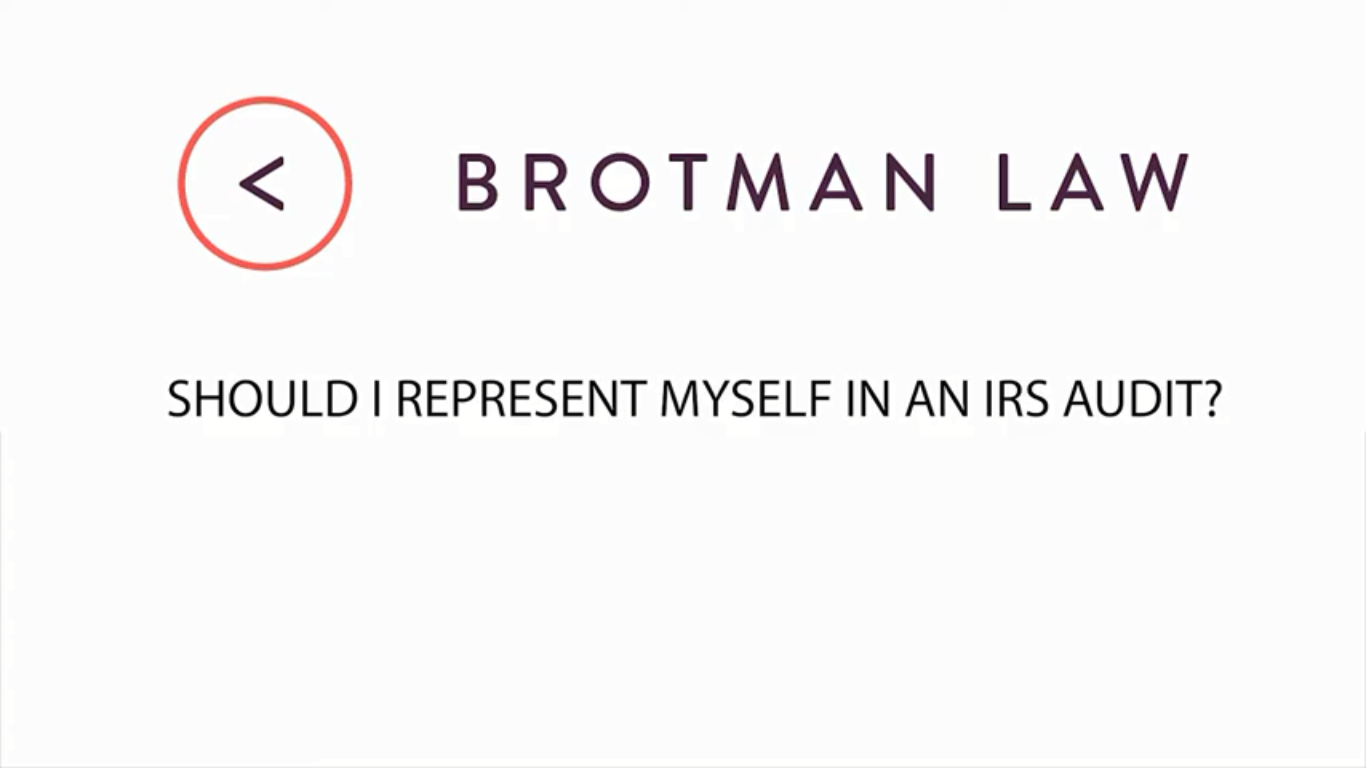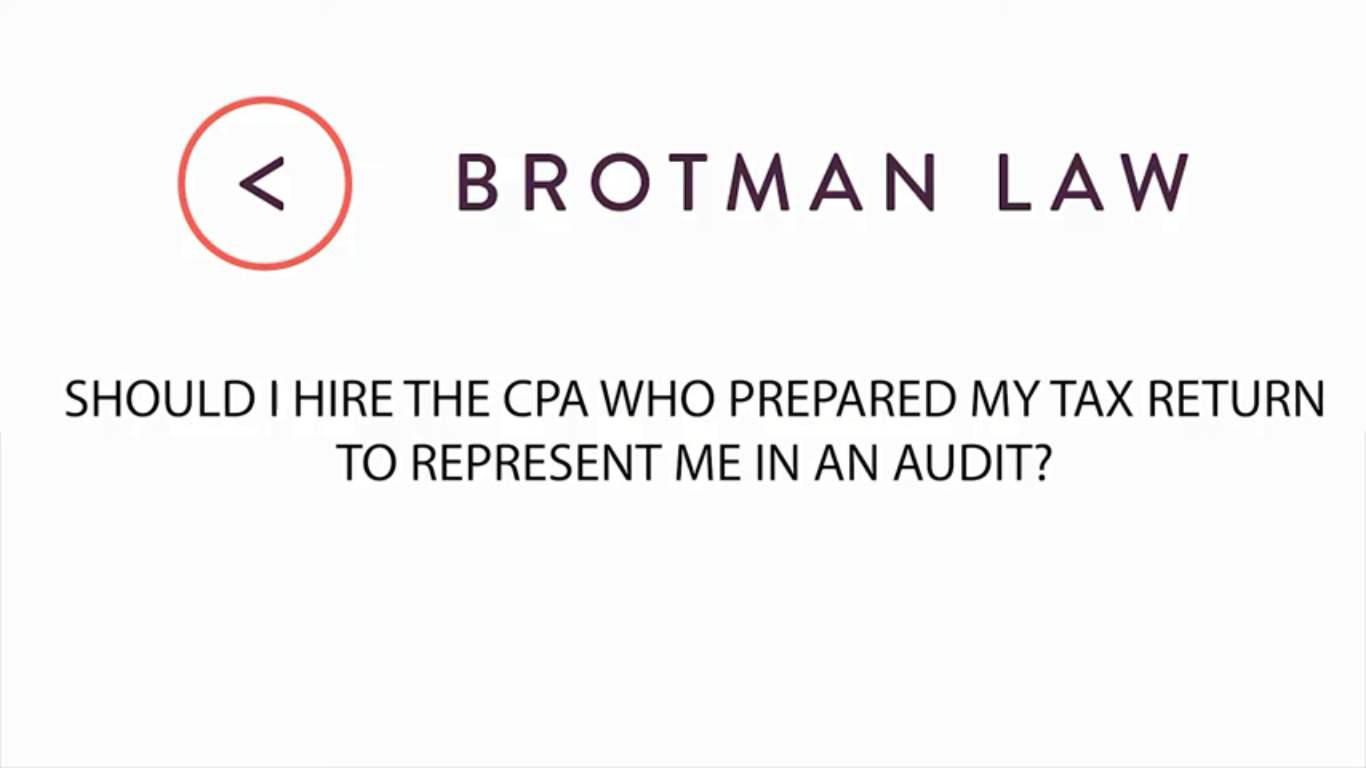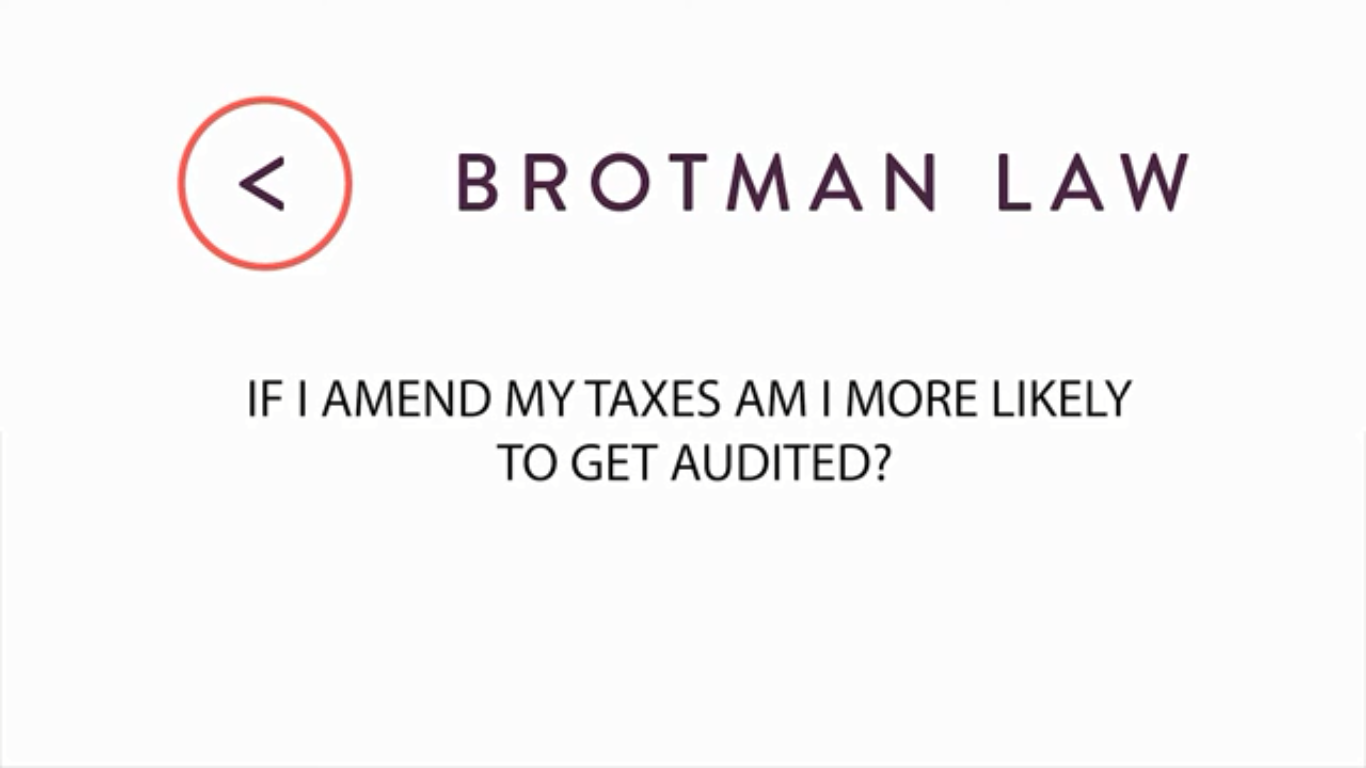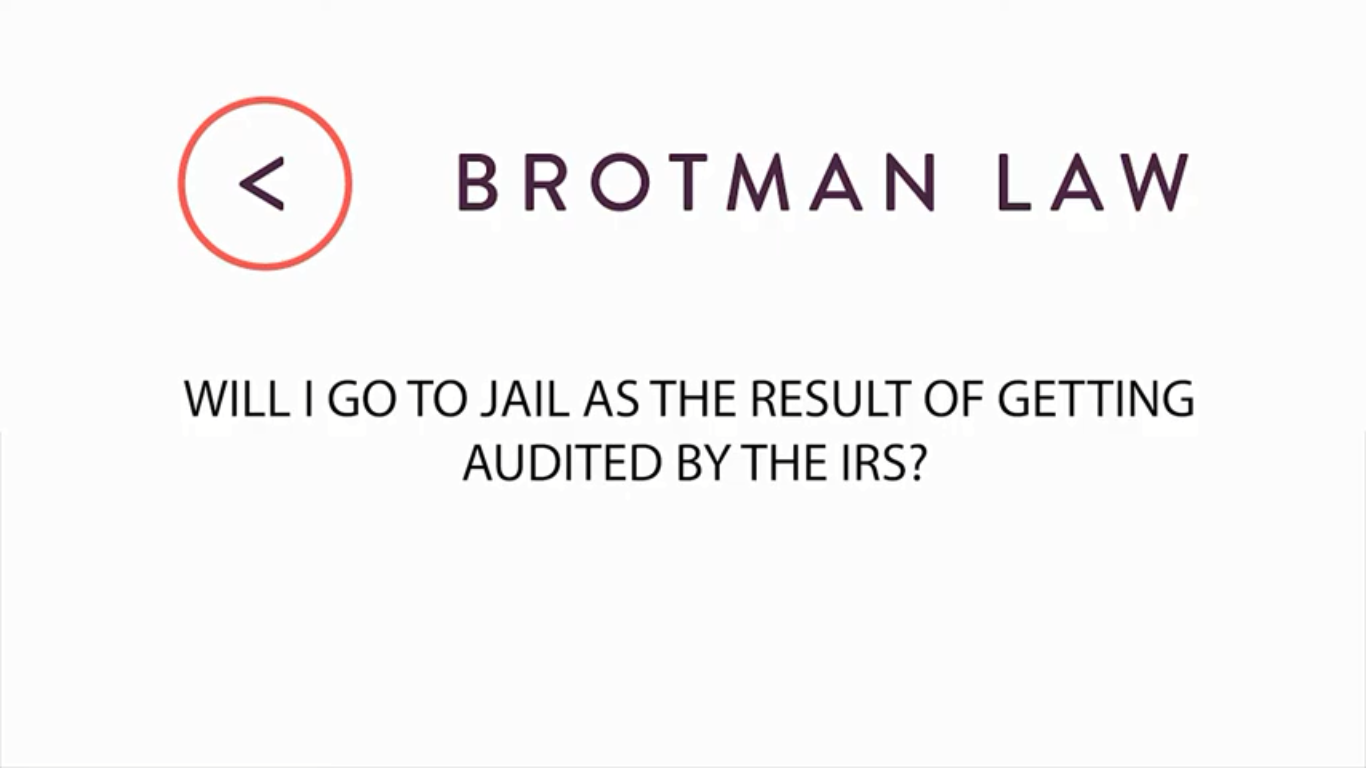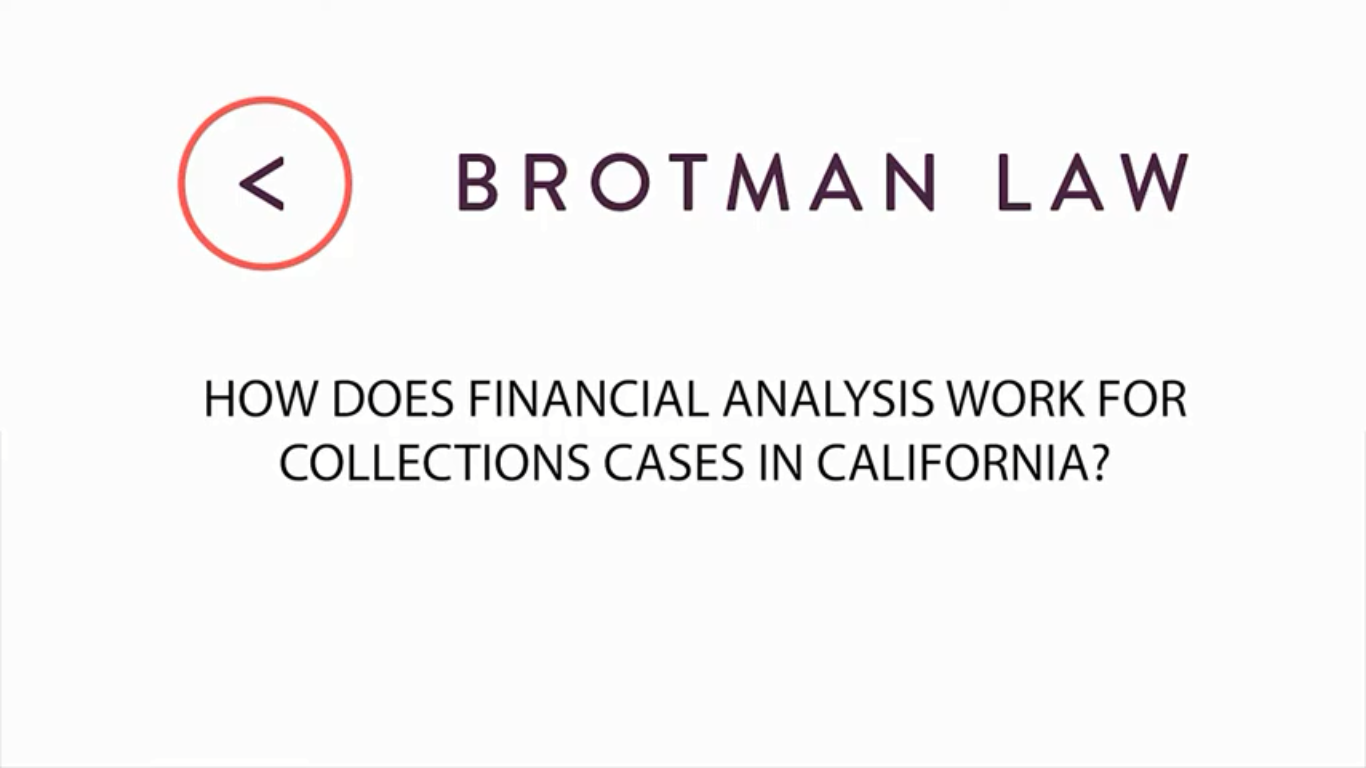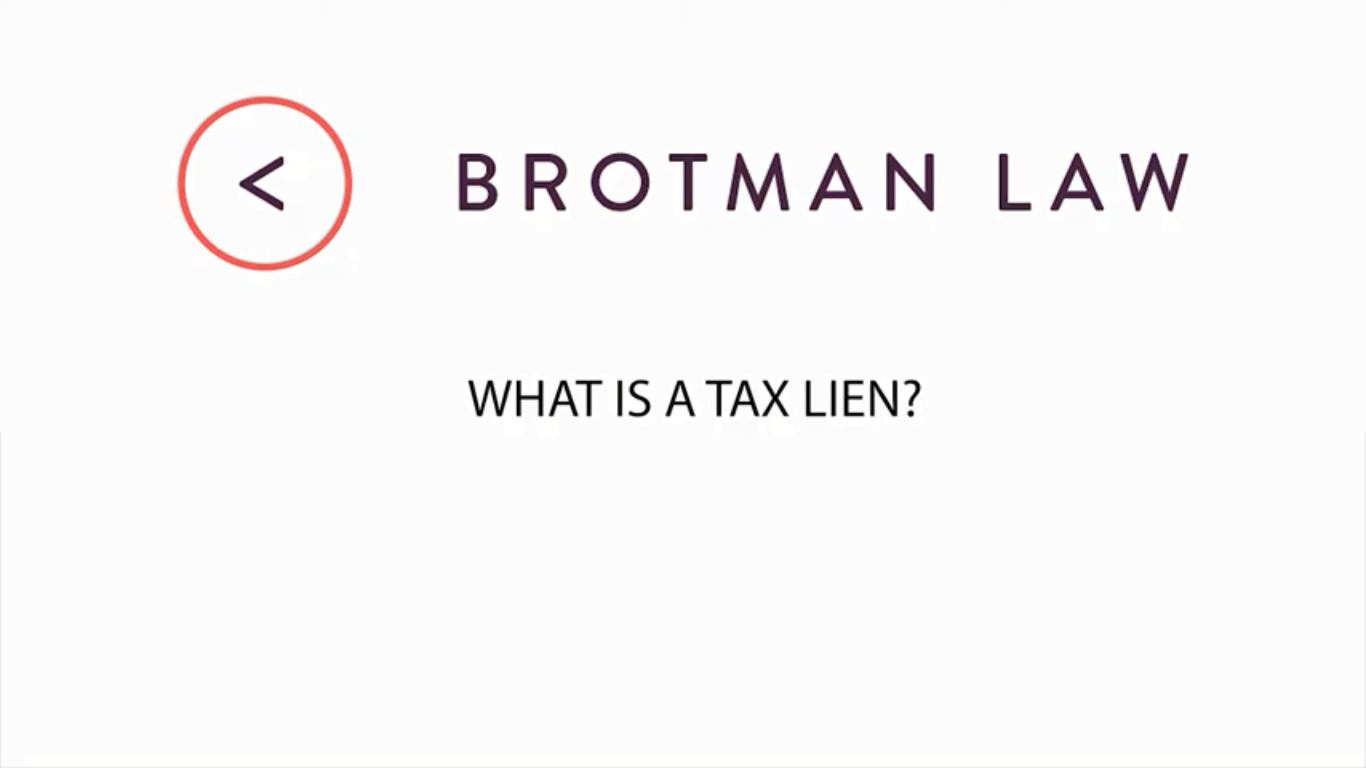So high net worth clients present several challenges. From dealing with things from an IRS perspective, the first challenge that you’re going to have is that high net worth clients don’t fall within the IRS’ unusual guidelines for ordinary and necessary expenses. So take for example San Diego. For a single person living in San Diego, the local housing and utilities standard is about $2,500 a month, so the IRS allows you $2,500 a month as a single person for your housing and utilities. I always play a fun exercise to see where you can get housing for a single one-bedroom apartment for $2,500 a month in San Diego including your utilities and the reality of the situation is you can go to Oceanside which is 45 minutes north of here or you can go to Tijuana which is 45 minutes south. And those are about the only places where you’re going to find $2,500 a month rate including housing and utilities but for high net worth clients this presents a big problem because number one you’re dealing with income levels that are way above the IRS as ordinary standards so the fact of the matter is you may have somebody with an $8,000 mortgage or $10,000 mortgage or $25,000. Just because
If I Get Audited What Is the Likelihood That I Am Going to Get Audited Again?
The issue and then based on how the audit goes what’s the correction.


